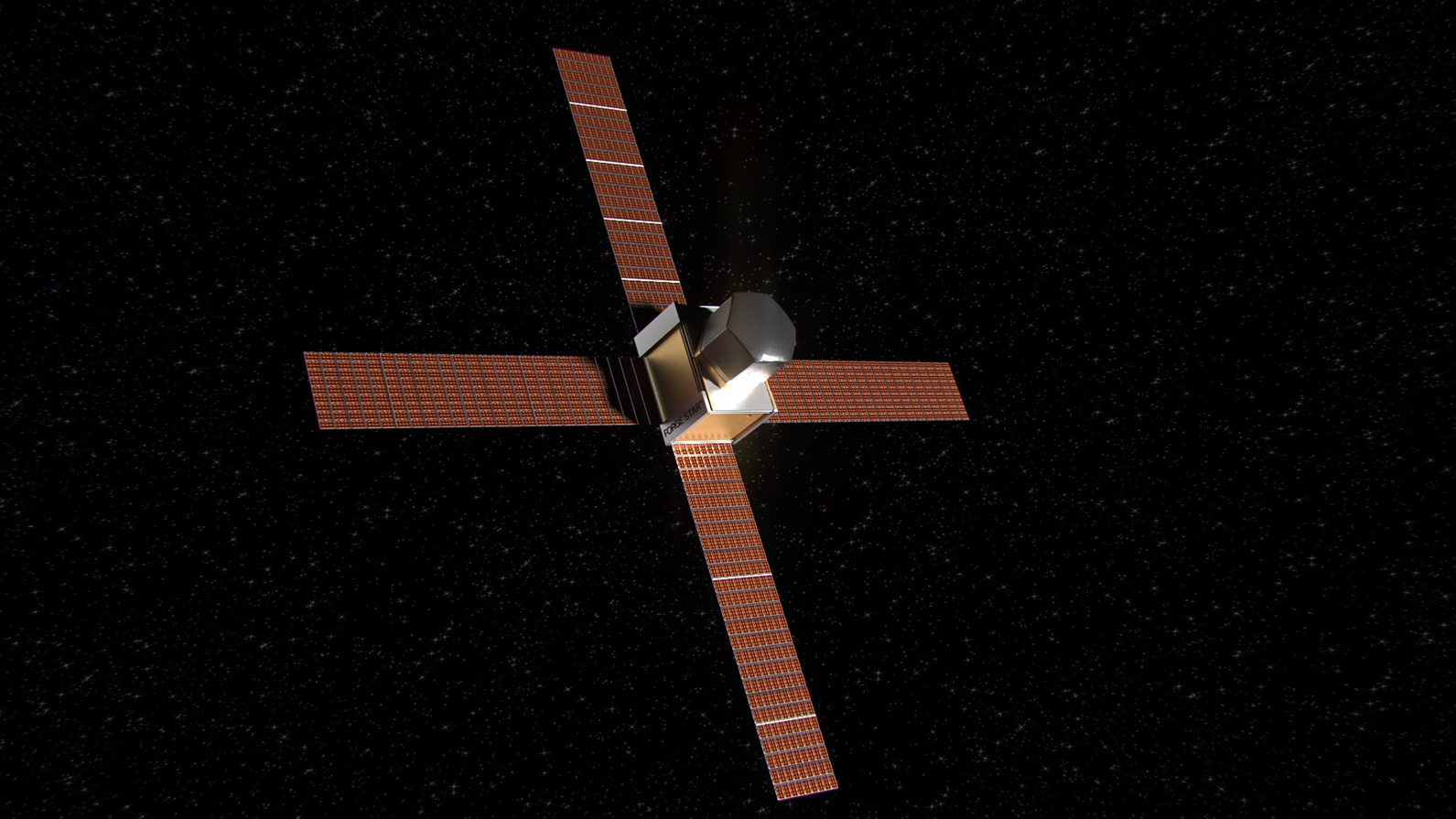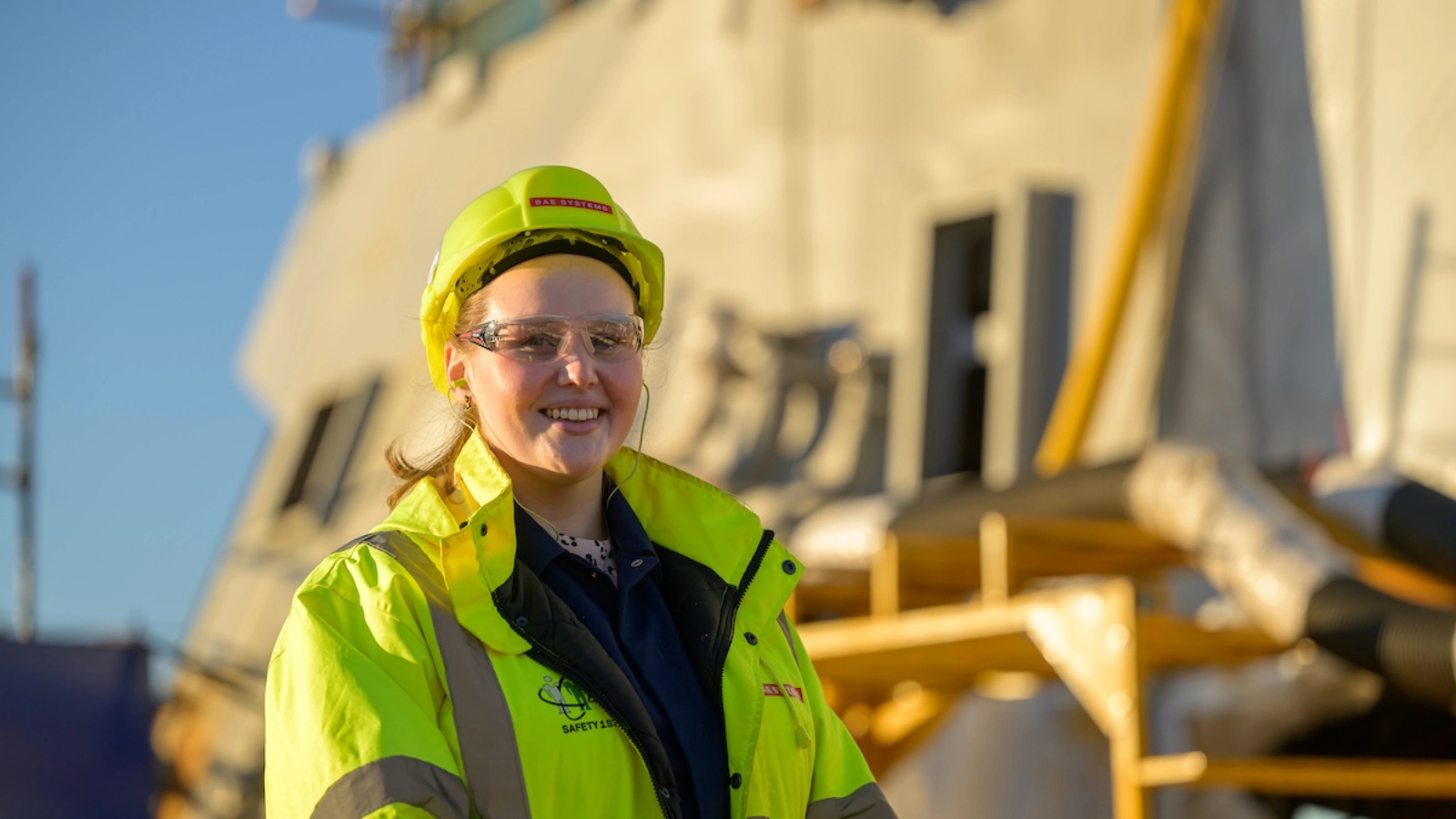Spacewalk to fit ground-breaking British kit to ISS
Above:
MDA Mounted on GSE.
Courtesy MDA
Called ColKa for 'Columbus Ka-band Terminal', the UK Space Agency-funded system will revolutionise scientists' ability in the UK and Europe to access the results of their space-based experiments, from investigations into the effects of radiation on seeds to biomining research. The results will help unlock benefits for all of us, from understanding how our bodies and muscles age to furthering our understanding of illnesses like cancer and Parkinson's Disease.
The spacewalk is due to start at 12:05 GMT today
This giant leap forward for research carried out in the Columbus module will allow astronauts and researchers to benefit from a dedicated link back to Earth at home broadband speeds. Currently, results are returned to earth on a hard drive, which could take months to receive, with data sometimes being lost in transit. The new terminal will enable results to be delivered to scientists just a day or two after the data is recorded - allowing scientists to process information much more quickly and adjust experiments if they see any problems with the data, such as an unclear image.
NASA’s Victor Glover and Michael Hopkins will venture outside the space station for six hours to mount the UK-built large suitcase-sized device to the European Space Agency’s Columbus module on the ISS.
Science Minister Amanda Solloway said: “This mission to install pioneering UK-built technology in space exemplifies how government backing is helping our most innovative companies push the boundaries of what we can achieve in space as well as back home on Earth.
“Strengthening the speed at which data can be transmitted from space will bring enormous benefits to scientists and researchers across Europe, helping them progress vital research faster, while opening up numerous commercial opportunities for UK firms as we build back better.”
Tethered to the ISS by a retractable steel cable, the astronauts face challenging conditions as they work to install the terminal, orbiting Earth at an altitude of 250 miles.
The astronauts will go without food for hours as they work in the harsh thermal vacuum of space, where the temperature can be as hot as 120 degrees Celsius in the sunlight, down to minus 160 C when the sun is out of sight.
The data will be transmitted to a ground station at Harwell Campus, Oxfordshire, near ESA’s European Centre for Space Applications and Telecommunications, and from there it will be transferred to the Columbus Control Centre and user centres across Europe.
Columbus was conceived and designed over 20 years ago, when the internet was in its infancy. The laboratory was launched to the Station in 2008 and uses the Station’s network and NASA’s infrastructure for communications with the Columbus Control Centre.
David Kenyon, Managing Director at MDA UK based in Harwell, which designed and built ColKa using the RAL Space clean rooms on the Harwell Campus, said:
“We are extremely excited that ColKa is being brought into service. This system is our first flight system developed through MDA UK, and we now have equipment for another seven flight missions, including four lunar systems, under development in Harwell. ColKa will bring tremendous benefit to all our ESA astronauts, scientists and projects.”
The contract was awarded to MDA UK following the UK Space Agency’s investment of £40m in ESA’s space exploration programme in 2012. In November 2019 the UK committed £180 million to the European Space Agency’s global exploration programme, which, along with the lunar gateway and lunar communications, will include bringing back the first samples from Mars and support the US ambition to have a sustainable presence on the Moon.
To date, UK scientists have been involved in 17 cutting-edge experiments that have taken place on the ISS and 33 others that are currently being developed and readied for future flight. In total, more than 2,700 investigations from researchers in 108 countries have been accomplished aboard the orbiting facility.
The UK’s space sector is going from strength to strength, employing around 42,000 people and carrying out world-class science while growing the economy.















